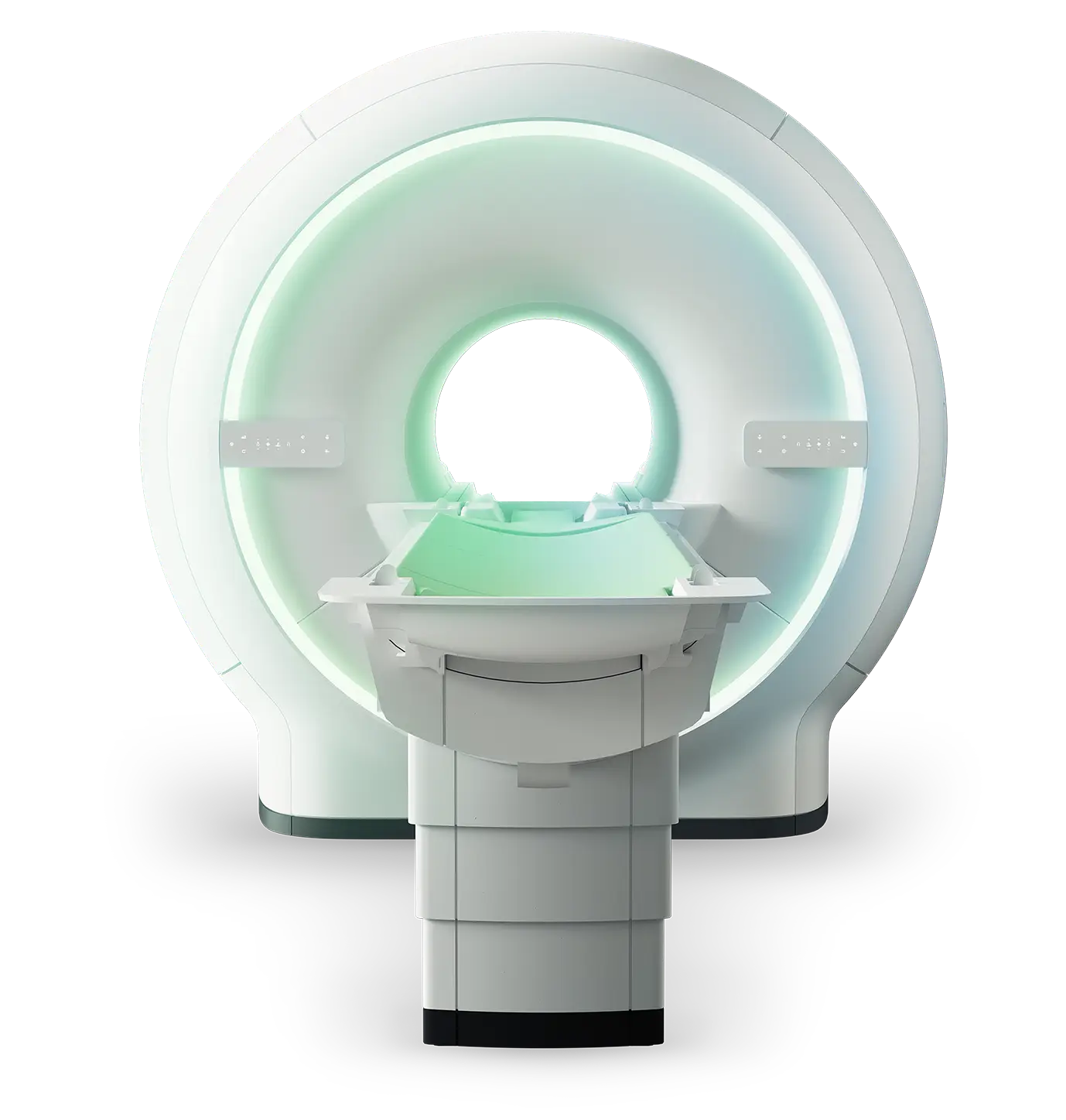We salute your service.
As first responders, military members or veterans, your health can take a backseat.
Prenuvo offers an opportunity to take ownership of your health and get proactive screening using cutting-edge MRI technology to help save on your scan with an exclusive discount.

.png)
Our commitment to you
An exclusive offer. Save 20% on a Prenuvo Torso (checks for most common cancers), Head & Torso, or Whole Body scan. Contact us to book your scan at these preferred rates:
Contact us to book your scanContact us to book your scan and get verified
Contact our sales team to book and be sure to mention your status (military, veteran, or first responder) - they’ll book the scan of your choice at your special rate.
Bring your valid photo ID and documentation to the clinic to verify your eligibility at the time of your appointment (such as a work or military ID or paystub).


Book your scan
Schedule a call with our team or fill out the form and we’ll be in touch.
Why Prenuvo Whole Body MRI?
Patients with a history of military service and occupational exposure as first responders are known to be at high risk for a variety of cancer types. Despite the rising incidence of cancer amongst even young veterans and first responders, there are currently no consensus screening protocols to help patients like you better understand or mitigate your individual risk.
A Prenuvo scan can bring clarity and peace of mind for high risk individuals. Our award-winning whole body MRI is fast (under 1 hour), safe (no harmful radiation, and non-invasive (no contrast). The scan can detect stage 1 cancers, aneurysms, and hundreds of other conditions, largely before symptoms present.

My Prenuvo Story With Sal

The Prenuvo Warriors Program FAQs
All active duty and retired police, firefighters, emergency medical technicians (EMTs), and search and rescue are eligible to receive 20% off a Torso, Head & Torso, or Whole Body scan.
All active duty, reserve, veteran, and retired members of any brand of the U.S. military, including military spouses are eligible to receive 20% off a Torso, Head & Torso, or Whole Body scan.
Contact our sales team to book your appointment. Contact us at ambassador@prenuvo.com or give us a call at (833) 773 6886 and mention your status. Our sales team will book your scan at the discounted price. You must book your scan via our sales team to receive this preferred rate.
Please bring a valid photo ID (you’ll need this for your scan) and a document that demonstrates your eligibility for the discount to your appointment, such as a work or military ID, recent paystub, or email communication from your employer or associated military institution.


